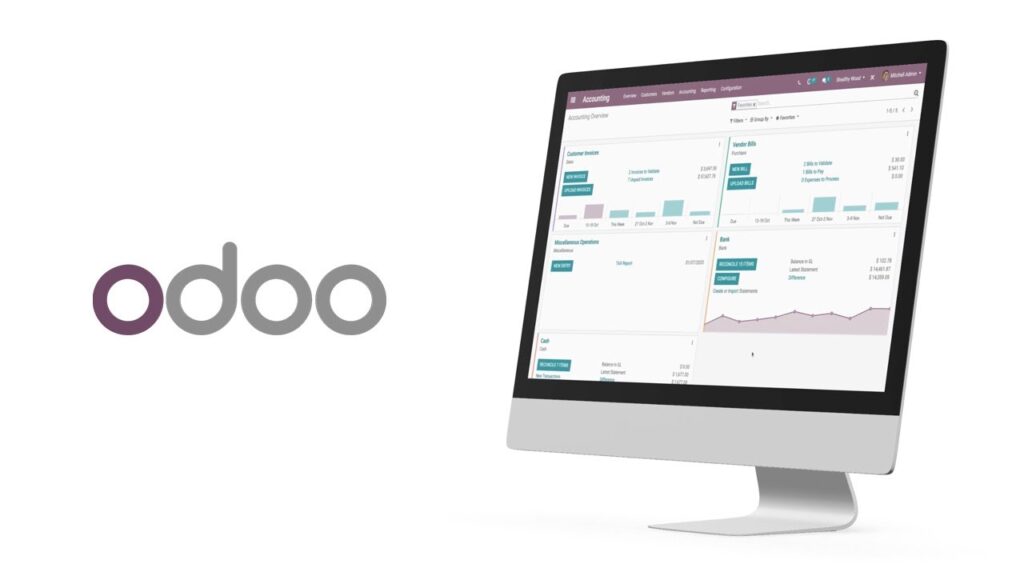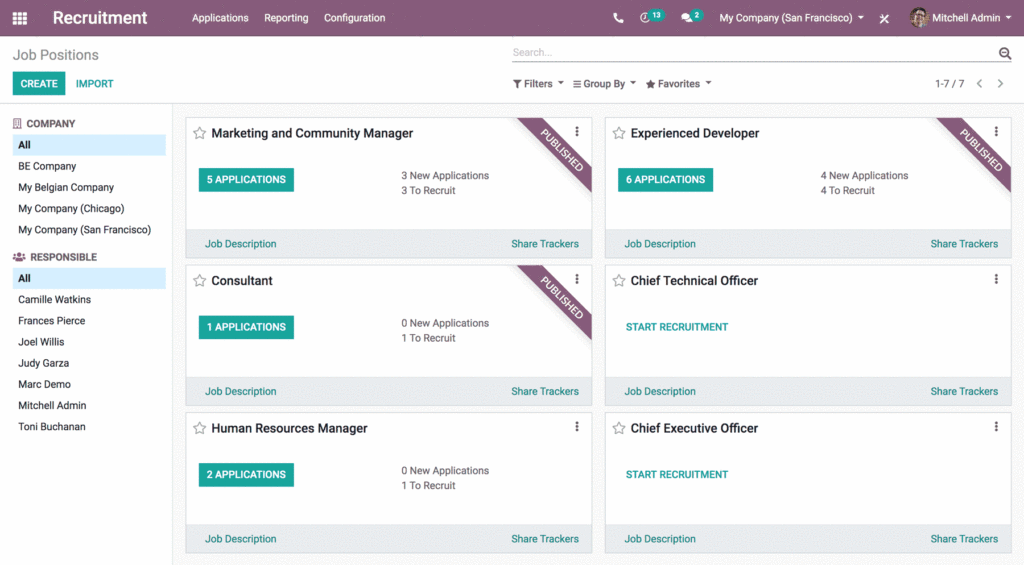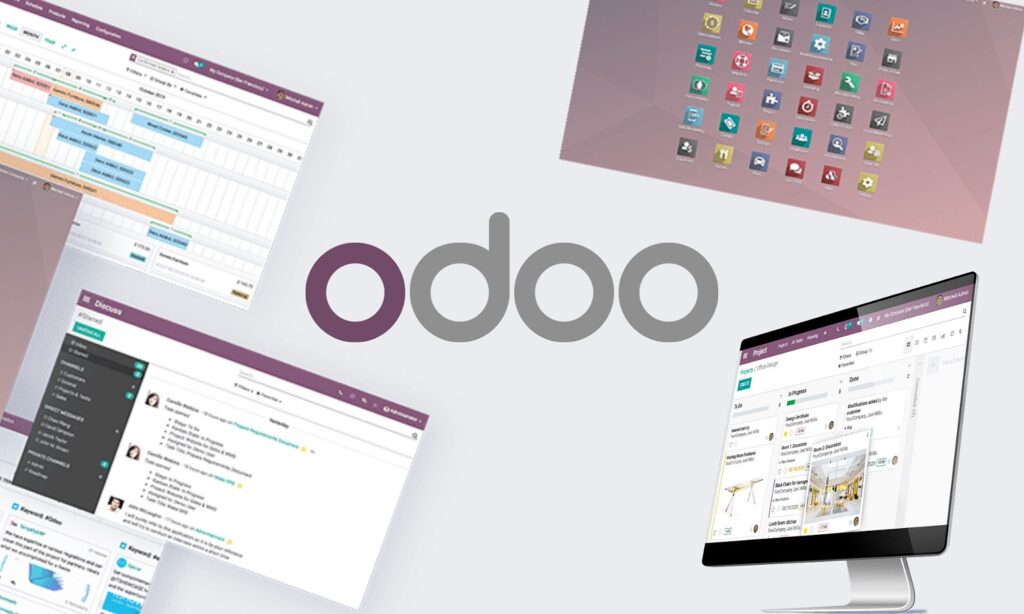Online shopping is booming, and there has been a surge in online business establishments. Nowadays, almost every business establishment prefers e-commerce platforms to retail stores.
Shopify is a sophisticated e-commerce platform that allows you to set up your online store and sell your products in minutes, ensuring that everything runs smoothly and effectively during the online selling process.
The Shopify eCommerce platform allows you to sell your products online while also running your physical store from the same facilities and infrastructure. Shopify is now the advanced e-commerce operations platform used by businesses all over the world, regardless of size or scale.
E-commerce has evolved to the point where finding any product or service via the Internet is the most straightforward task possible.
However, managing a company’s e-commerce website can be a burden for various executives within the organization. The task of manually updating the products and stock details, as well as configuring various location-based attributes for each product, could take a long time.
An eCommerce solution cannot be limited to just a “Buy” button on your website; when comparing solutions, many features should be considered.
As your company grows, you will need to integrate your e-commerce platform with other solutions such as inventory management, accounting software, marketing tools, and so on to manage all of your operations.
Odoo ERP is one of the best open-source solutions for managing a variety of functions under one roof.
Integration of Odoo ERP With the Shopify
The terms “Shopify” and “Odoo” are both well-known domain names. Shopify users can create their online store with many built-in features and apps. It provides improved app integration, security and dependability, and fast e-commerce loading speeds.
Shopify is supported by an efficient ERP management system, and Odoo is the best of all popular ERP management systems available today.
What is the Odoo ERP System?
Odoo ERP system is enterprise resource planning software used company-wide for the management of business processes and is well-known for its scalability, modularity, and stable core. As a result, Odoo is the best of the bunch in terms of great features, customization flexibility, and user-friendliness.
Benefits of Integrating Odoo along with Shopify
The integration of Odoo’s powerful and versatile functionalities and the dynamic and popular Shopify e-commerce platform can provide a plethora of benefits to businesses.
#1. Centralized Data Management
By integrating Shopify and Odoo, businesses can easily manage their e-commerce operations from a centralized location, which means they can track their inventory, orders, and customer information all in one place, reducing the time and resources required to manage their e-commerce operations and increasing efficiency and productivity.
#2. Scalability
The integration of Odoo and Shopify allows businesses to expand and scale up without worrying about the required resources or the exponentially growing costs for each scale-up/down. Odoo ERP makes business expansion a hassle-free activity.
#3. Payment Gateways
Odoo ERP integration allows you to integrate payment gateways such as Paypal, Stripe, Ogone, Adyen, Buckaroo, and Authorize.net – this will enable customers to use their preferred version to make a payment, and allowing this level of payment flexibility only adds to the customer experience.
#4. Improved reporting and analytics
Odoo provides advanced reporting and analytics tools to businesses, allowing them to gain insights into their e-commerce operations. Businesses can generate detailed reports on their sales, inventory levels, and customer data by integrating Shopify and Odoo. These reports provide valuable insights into a company’s e-commerce operations, allowing it to make data-driven decisions that can help it grow
#5. Order Fulfillment Automation
Another advantage of integrating Odoo and Shopify is the ability to automate the order fulfillment process. Odoo offers a variety of automation tools to assist businesses with order management, from order processing and picking to packing and shipping. This automation saves businesses time and money while decreasing errors and increasing work accuracy.
#6. Effortless Integration
The ease with which these two platforms can be integrated, allowing for easy information exchange between the two systems, is a benefit of using both Odoo and Shopify.
Businesses can use this integration to automatically synchronize orders, inventory, and customer information between the two systems. This enables businesses to track sales and inventory levels in real-time, reducing the possibility of overselling or underselling products.
How to Integrate Odoo ERP With the Shopify
There are several methods for integrating Shopify with Odoo. A third-party integration app is one option. There are several of these apps available, and their features and pricing can vary. Among the most popular integration apps are:
a). An odoo Shopify connector
To integrate Odoo and Shopify, an Odoo-Shopify connector can be used. The incredible thing about this connector (one example can be found here: Odoo Shopify) is that it allows for both ways of communication, allowing for the next level of automation in online business management.
Features of odoo Shopify connector
I). Compatibility across platforms
II). Allows businesses to integrate their Shopify store with Odoo.
III). Synchronizes customers from Shopify
stores with Odoo.
IV). Imports Shopify collections into Odoo.
V). Taxes in Shopify stores are mapped to Odoo taxes.
VI). Orders placed on Shopify are imported into Odoo.
VII). In real-time, import and update products from your Shopify store into Odoo.
b). MESA
This app is a more comprehensive integration solution that connects Shopify to a wide range of other business applications, including Odoo.
MESA includes an Odoo integration, making it even easier to create workflow automation between Odoo and Shopify.
c). Shopify API
This is a more technical option, but it provides you with more integration control. The API can be used to synchronize data between Shopify and Odoo, as well as to create custom integrations.
The following are the steps for integrating Shopify with Odoo via the Shopify API:
- Establish a Shopify developer account.
- Create an API key and secret for Shopify.
- Download and install the Odoo Shopify Connector app.
- Set up the app using your Shopify API key and secret.
- Begin syncing data between Shopify and Odoo.
Conclusion
In conclusion, integrating Odoo with Shopify provides businesses with a variety of benefits that aid in the management and growth of their e-commerce operations.
The two platforms can be used in tandem to manage inventory, track orders, and generate reports. This can assist you in providing better customer service, avoiding order fulfillment delays, and making better business decisions.
As a result, your company will become more efficient, cut costs, and grow.






